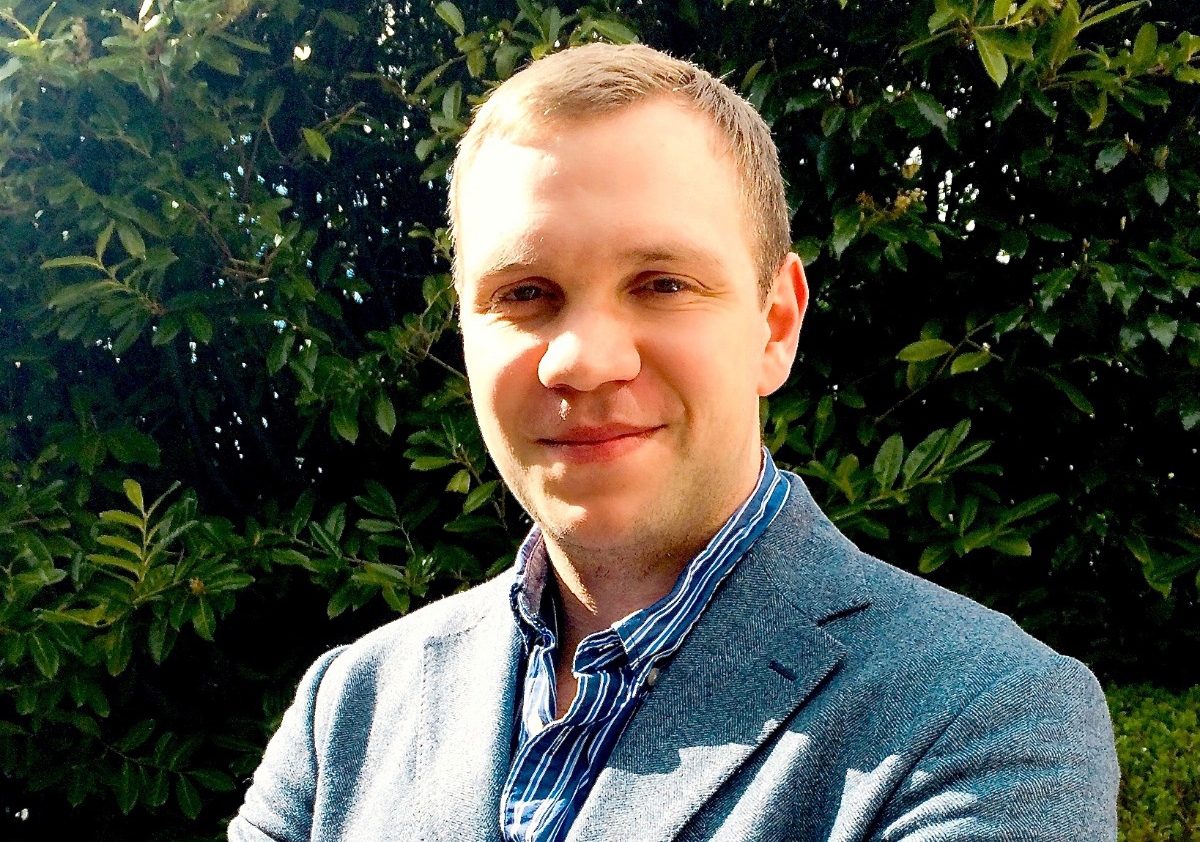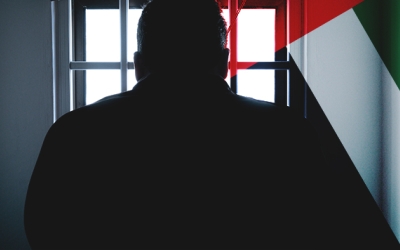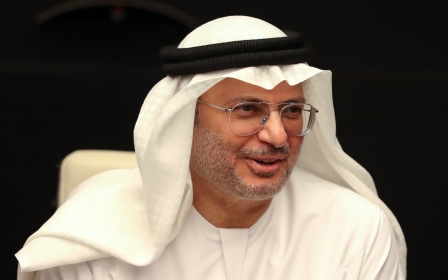UK student imprisoned in UAE says British government refusing to share information

A British student who was detained for seven months in the United Arab Emirates (UAE) has slammed the UK government for refusing to release information it has about his imprisonment.
Matthew Hedges, a doctoral student at Durham University in the UK, was researching the UAE's security regime in Dubai when he was arrested in May 2018 on suspicion of spying.
He was later sentenced to life imprisonment, though he received a pardon shortly after and was eventually released. He was allowed to return to the UK in November 2018. He denied all the charges against him.
Writing for the Guardian newspaper, Hedges said that he was angry the British government had "refused entirely" to help clear his name.
"It took the British government two foreign secretaries, one of whom is now prime minister, and immense media pressure to get me out of detention," said Hedges,
New MEE newsletter: Jerusalem Dispatch
Sign up to get the latest insights and analysis on Israel-Palestine, alongside Turkey Unpacked and other MEE newsletters
"This is not a system that works."
Hedges has previously related how he was interrogated for up to 15 hours at a time and forced to stand for whole days in ankle cuffs during his imprisonment.
He has also said he faced severe withdrawal symptoms after being force-fed a cocktail of drugs.
"Despite submitting a freedom of information request for the Foreign Office to provide access to all the data relating to its handling of my case, it has refused to share the key details with me and my lawyers, so we can find out what actually happened," he wrote in the Guardian.
"All I can go back to is the seven months when I fluctuated between being depressed, desperate and, in my worst moments, suicidal.
"At the time it certainly didn’t feel like enough was being done to get me released when I was in clear danger."
Hedges' wife Daniela Tajeda, who publicly campaigned for his released, told Middle East Eye in January that there had been much more progress on Hedges' case after they began speaking to the media about it - something which the government had previously told them not to do.
She said that British officials had been ignorant of the case.
"When I spoke to [then Minister of State for the Middle East] Alistair Burt in July, he was shocked that he didn't know what Matt's research was about," she said.
"How can they stand up for one of their citizens if they don't know what they're standing up for? So I think that was a negligent move from the FCO's side."
A number of other British citizens have also been imprisoned in the UAE, including Ali Issa Ahmad, a football fan who was allegedly arrested on 22 January for wearing a Qatari national football shirt. He said he was beaten and stabbed during his initial arrest, before he was sent back to the UK in February.
The UAE has previously been accused of employing extrajudicial methods to crack down on dissent within its borders and has been repeatedly criticised for its human rights record.
A 2016 Amnesty International report said that forced disappearances were pervasive in the country.
Middle East Eye delivers independent and unrivalled coverage and analysis of the Middle East, North Africa and beyond. To learn more about republishing this content and the associated fees, please fill out this form. More about MEE can be found here.





